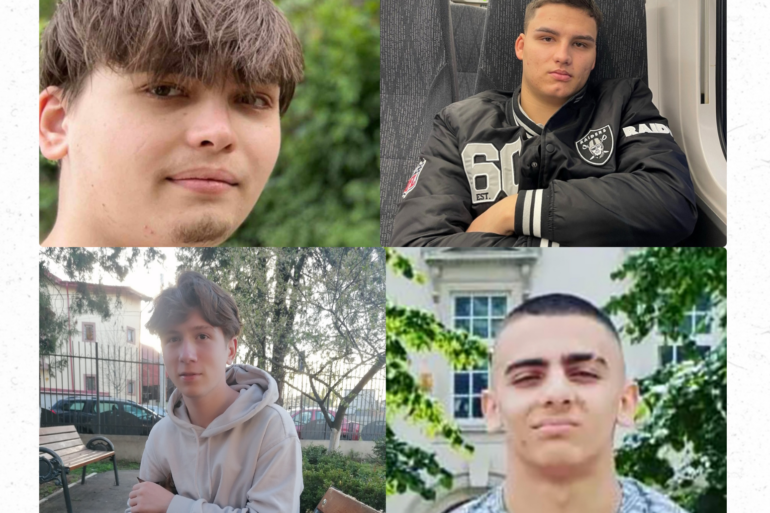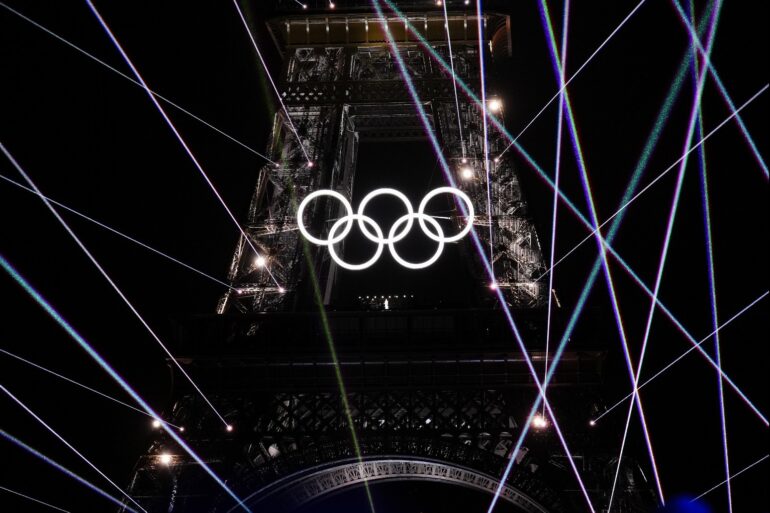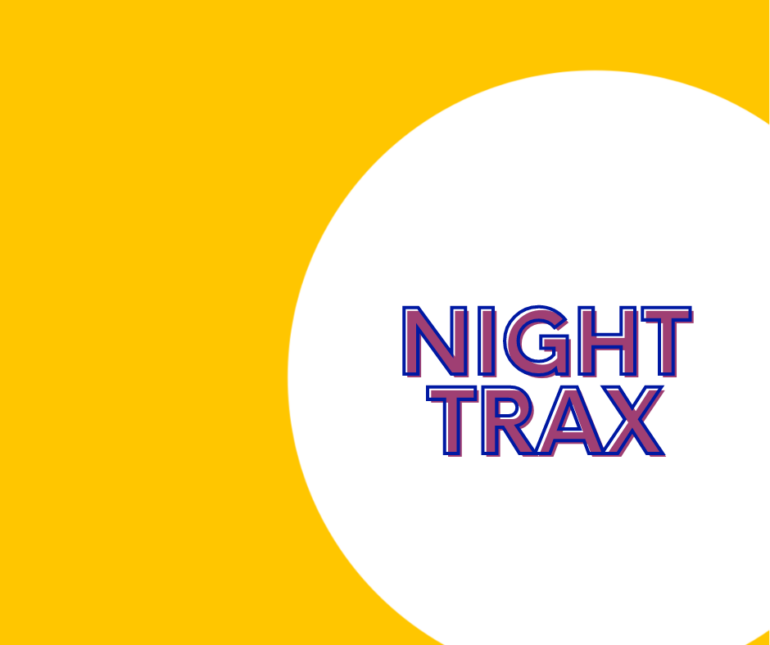-
 play_arrow
play_arrow
KL1 RADIO KL1 Radio Local Radio for West Norfolk
-
 play_arrow
play_arrow
KL DISCO KL Disco Playing Disco Music from the 70's onwards.24/7
-
 play_arrow
play_arrow
KL COUNTRY KL COUNTRY Playing New and Classic Country Music 24/7
-
 play_arrow
play_arrow
KL ROX KL ROX The best of New and Classic Rock.24/7
-
 play_arrow
play_arrow
KL SUMMER Summer Vibes 24/7 from KL1 Radio across West Norfolk
-
 play_arrow
play_arrow
KL CHILL Just Chill!
-
 play_arrow
play_arrow
KL POP The Best POP Hits all day Long!
-
 play_arrow
play_arrow
KL XTRA KL XTRA, The PopUp Station from KL1
music_note
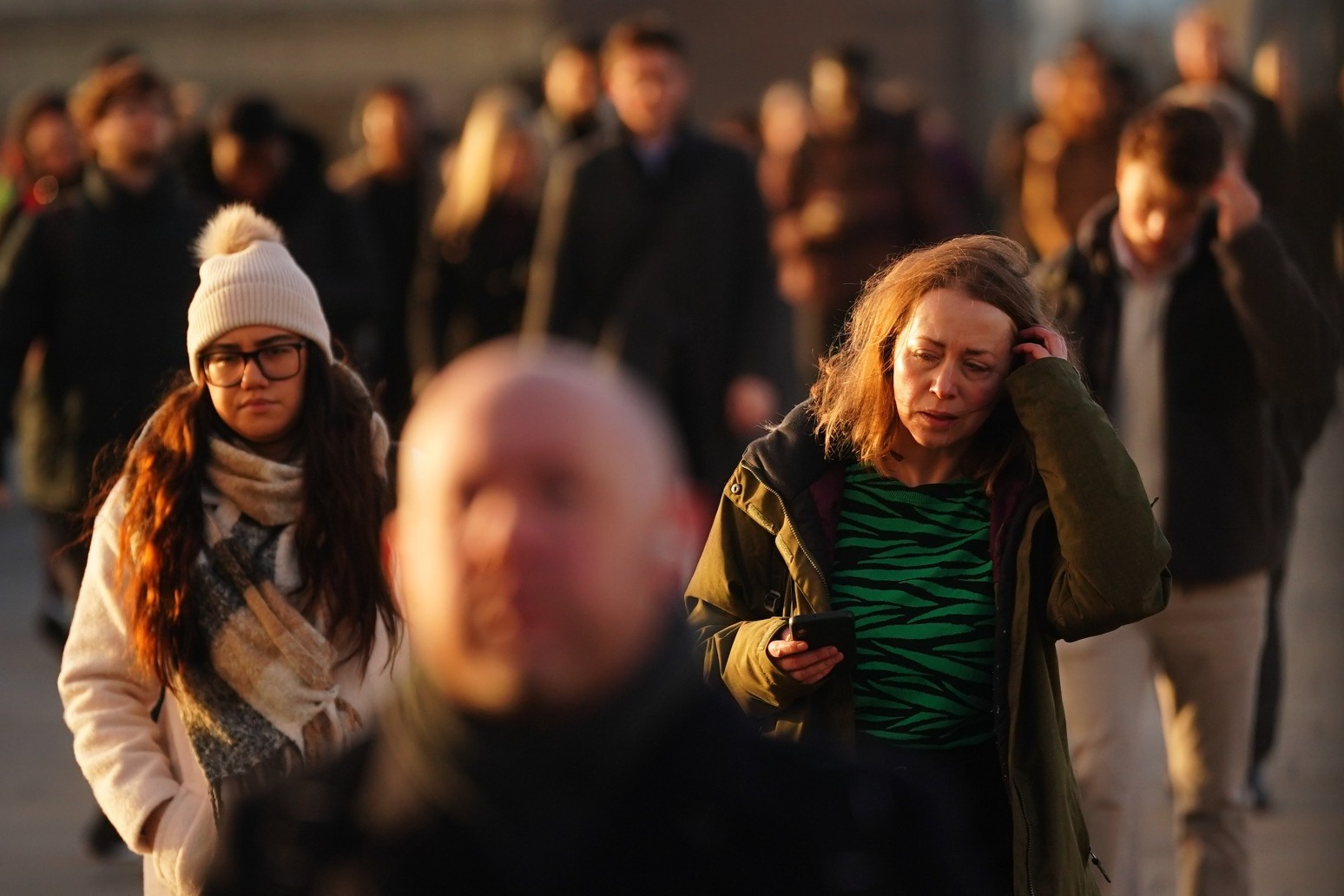
UK inflation dropped to a fresh two-and-a-half year low in March on the back of a further easing in food prices, official figures have shown.
The Office for National Statistics (ONS) said that Consumer Prices Index inflation stood at 3.2% in March, down from 3.4% in February.
It marks the lowest level since September 2021, but was nonetheless slightly higher than economists expected.
Economists had predicted a reading of 3.1% for the month.
The drop was heavily linked to a slowdown in food price inflation, which was also its lowest for over two years.
ONS chief economist Grant Fitzner said: “Inflation eased slightly in March to its lowest annual rate for two and a half years.
“Once again, food prices were the main reason for the fall, with prices rising by less than we saw a year ago.
“Similarly to last month, we saw a partial offset from rising fuel prices.”
Inflation for food and non-alcoholic drinks dipped to 4% for the month, from 5% in February, to reach its lowest level since November 2021.
The increased slowdown was partly driven by a fall in meat prices and lower rises for bread and cereals, the ONS said.
Furniture and household goods prices also contributed to the fall, with prices in the sector down 0.9% in March compared with the same month last year.
Elsewhere in retail, clothing and footwear inflation also slowed to 4% for the month, from 5% in February, after women’s clothing stores increased prices by less than normal for this time of year.
The largest upwards pressure came from motor fuels, after the average price of petrol rose by 2.6p per litre between February and March 2024 to stand at 144.8 pence per litre, according to the ONS.
The overall reduction in inflation comes after ratesetters at the Bank of England hiked interest rates to a 15-year-high of 5.25% in order to put pressure on demand.
Economists expect inflation for April to show a further fall in inflation, supported by another drop in energy prices, as CPI moves closer towards the central Bank’s 2% target rate.
This has also increased speculation that the central bank could cut interest rates in the coming months, although Governor Andrew Bailey and other members of the Bank’s monetary policy committee have so far suggested it is too early for a cut.
Ian Stewart, chief economist at Deloitte, said: “Inflation is in retreat but the Bank of England cannot yet be sure that it is beaten.
“Headline inflation is likely to drop below 2% in the coming months, but to be confident it will stay there wage pressures need to ease.
“With earnings growing at close to 6%, and the economy reviving, the Bank will be in no hurry to cut interest rates.”
On Tuesday, official figures showed regular wages growth, excluding bonuses, at 6% in the three months to February, which was a slight fall but also above economist predictions.
Jeremy Hunt, the Chancellor, said: “The plan is working: inflation is falling faster than expected, down from over 11% to 3.2%, the lowest level in nearly two-and-a-half years, helping people’s money go further.”
Rachel Reeves, Labour’s shadow chancellor, said: “Conservative ministers will be hitting the airwaves today to tell the British people that they have never had it so good.
“Prices are still high in the shops, monthly mortgage bills are going up and inflation is still higher than the Bank of England’s target.”
Published: by Radio NewsHub

Similar posts
Upcoming shows
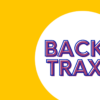
Weekend Back Trax
6:00 am - 8:00 am

Kelvin Scott – Weekend Breakfast
8:00 am - 11:00 am

Vicky Green – Classic Hit Lunchtime
11:00 am - 1:00 pm

Darren Furzey – Classic Hit Weekend
1:00 pm - 3:00 pm

Lee Vincent – Classic Hit Saturday
3:00 pm - 6:00 pm
-

Celine Dion makes return to public performance at Olympics opening ceremony

Families pay tribute to four men killed after their car crashed into a tree
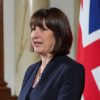
Reeves expected to approve inflation-busting pay hikes for public sector workers

Paris Olympics off to a sodden start with a rain-drenched opening ceremony

Three children who died in house fire are ‘missed beyond measure’, parents say
Message Us Now!
Copyright The Mediasite UK - 2023.

